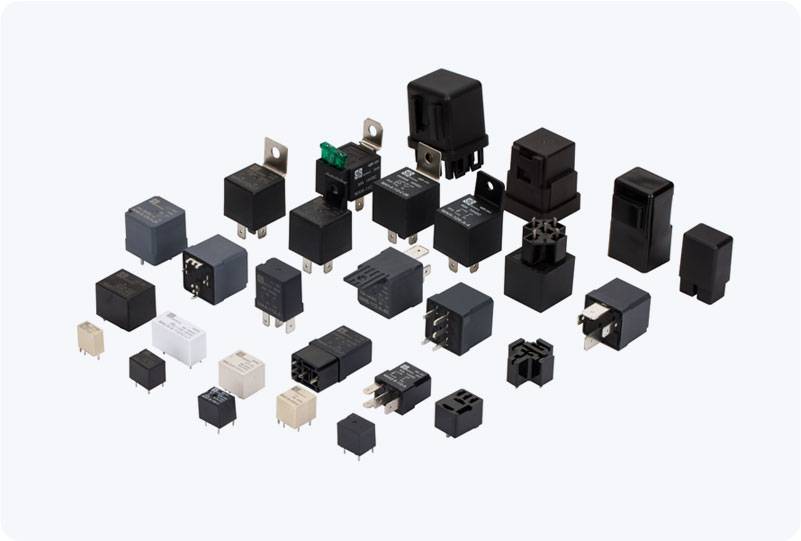understanding the importance of ground fault protection relay in electrical systems
Release time:2025-08-31 10:47:58
Ground fault protection is a crucial aspect of modern electrical systems, ensuring both the safety of personnel and the integrity of electrical equipment. Among the various safety devices used in electrical protection, the Ground Fault Protection Relay (GFPR) plays a central role in detecting and mitigating the risks associated with ground faults. This article explores the functionality, working principles, applications, and importance of ground fault protection relays in electrical networks.

What is a Ground Fault Protection Relay?
A Ground Fault Protection Relay (GFPR) is an electrical relay designed to detect and respond to ground faults in electrical systems. A ground fault occurs when a live wire comes into direct contact with the earth or any grounded part of the system, leading to leakage currents that can be hazardous to both people and equipment. The primary function of the GFPR is to identify these faults and either trigger an alarm or disconnect the affected circuit to prevent further damage.
How Does a Ground Fault Protection Relay Work?
The operation of a Ground Fault Protection Relay is based on the principle of detecting unbalanced currents or leakage currents in the system. Under normal operating conditions, the current flowing through the conductors of a circuit should balance out, meaning the current entering a system should be equal to the current leaving it. However, when a ground fault occurs, a portion of the current leaks to the ground, causing an imbalance that the GFPR detects.

